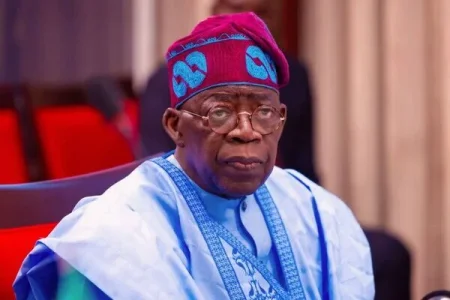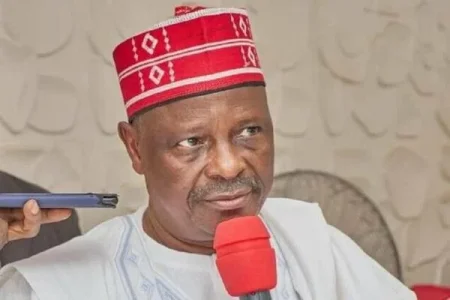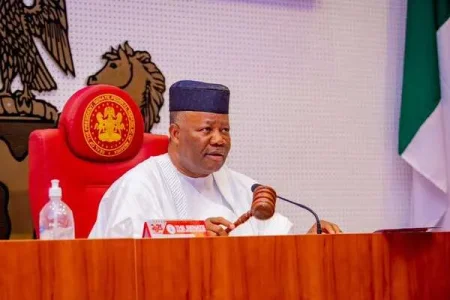
In response to Nigeria's escalating economic challenges, President Bola Tinubu has enacted a significant policy shift, placing a temporary ban on public-funded international trips for government officials. The directive, conveyed by Chief of Staff Femi Gbajabiamila to Secretary to the Government of the Federation George Akume, underscores Tinubu's commitment to responsible fiscal management in the face of mounting economic pressures.
The move, aimed at curbing rising travel expenses borne by Ministries, Departments, and Agencies (MDAs) of the Federal Government, comes amidst growing concerns over the need for efficient governance and prudent allocation of resources. Tinubu's letter cited the imperative for Cabinet Members and heads of MDAs to prioritize their mandates for optimal service delivery, emphasizing the need for cost reduction without compromising government functions.
Effective from April 1, 2024, the temporary ban spans an initial period of three months, during which all public-funded international trips require Presidential approval sought at least two weeks before departure. This stringent protocol seeks to ensure that international travel is deemed necessary and aligned with strategic objectives while mitigating excessive expenditure.
The decision follows public outcry over a recent overseas workshop organized by the Office of the Accountant-General of the Federation (OAGF) in London, UK. The workshop, focusing on Public Financial Management and International Public Sector Accounting Standards (IPSAS), drew criticism for its timing amidst Nigeria's forex crisis. Held at the Copthorne Tara Hotel, Kensington London, from March 4 to March 9, 2024, the event convened state commissioners of finance and OAGF officials, prompting questions about the prudence of such expenditures in the current economic climate.
As Nigerians navigate the complexities of the nation's economic landscape, Tinubu's travel ban signals a decisive step towards austerity measures and responsible governance. However, debates persist over the effectiveness of such policies in addressing systemic challenges and fostering sustainable economic recovery.




